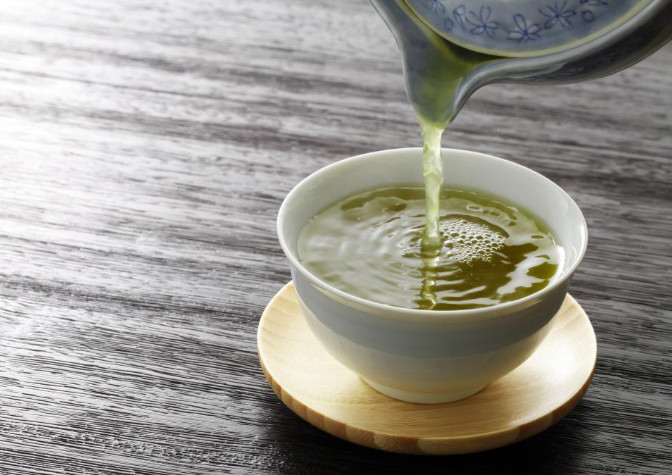After drinking tea, many people experience a sense of calm and relaxation. However, the effects of tea on the heart can be more complicated. Tea contains caffeine, theophylline, and other compounds that can have both positive and negative impacts on cardiovascular health.
5 AMAZING Teas That Prevent Heart Attack, Clean Arteries & Lower High Blood Pressure! :
STOP Drinking Tea Until You Watch This :
Caffeine is a stimulant that can increase heart rate, blood pressure, and the amount of oxygen required by the heart. Theophylline is a bronchodilator that can relax the muscles around the airways, making it easier to breathe. Both of these compounds can have both positive and negative effects on the heart.

In general, moderate caffeine consumption (up to 400 mg per day) is not associated with an increased risk of cardiovascular disease or mortality. However, excessive caffeine intake (more than 500-600 mg per day) can lead to adverse effects such as arrhythmias, palpitations, and increased blood pressure.
Tea also contains flavonoids, which are plant compounds that have antioxidant and anti-inflammatory properties. Flavonoids have been shown to have beneficial effects on cardiovascular health, including reducing the risk of heart disease, stroke, and hypertension.
One study found that regular tea consumption was associated with a lower risk of heart disease and stroke. Another study found that tea consumption was associated with lower levels of LDL cholesterol (the “bad” cholesterol) and higher levels of HDL cholesterol (the “good” cholesterol).
However, not all studies have found a beneficial effect of tea on cardiovascular health. Some studies have found that tea consumption is not associated with a reduced risk of heart disease or stroke. Other studies have found that tea consumption may be associated with an increased risk of atrial fibrillation (an irregular heartbeat).
Furthermore, it is important to note that the way tea is consumed can also impact its effects on the heart. For example, adding sugar, cream, or other sweeteners to tea can increase the calorie content and may have negative effects on cardiovascular health. Similarly, consuming tea with meals or snacks that are high in fat and cholesterol may negate the potential benefits of tea on the heart.
Additionally, individual differences in genetics and metabolism can impact how the body responds to tea and its components. Some people may be more sensitive to caffeine and may experience adverse effects at lower doses, while others may be able to tolerate higher doses without negative consequences.
It is also worth noting that the effects of tea on the heart are just one aspect of its overall impact on health. Tea has been associated with a range of potential health benefits, including reducing the risk of certain cancers, improving cognitive function, and promoting weight loss.
Overall, moderate tea consumption can be a healthy addition to a balanced diet and lifestyle. However, it is important to be mindful of the type of tea consumed, the amount consumed, and any added sweeteners or other ingredients. As with any dietary decision, it is recommended to consult with a healthcare professional before making changes to your diet.


